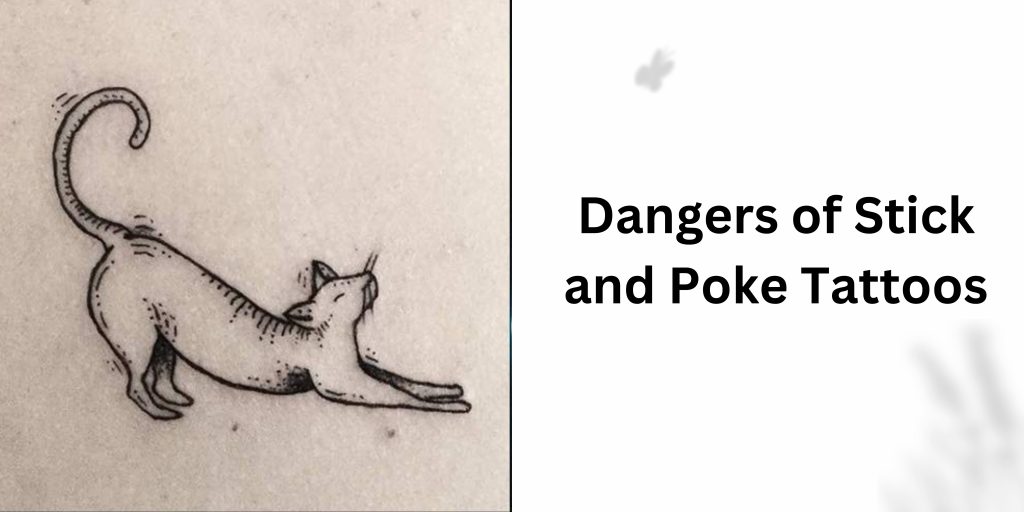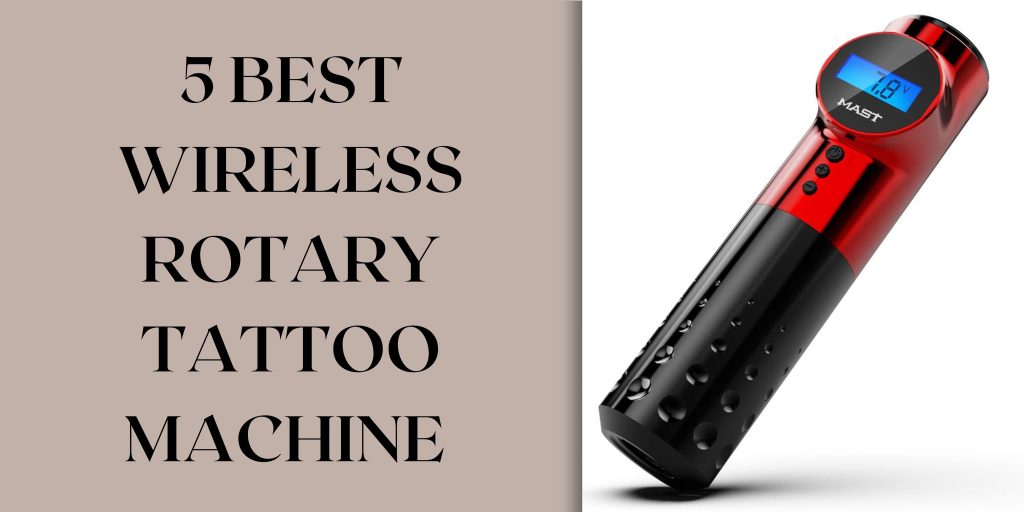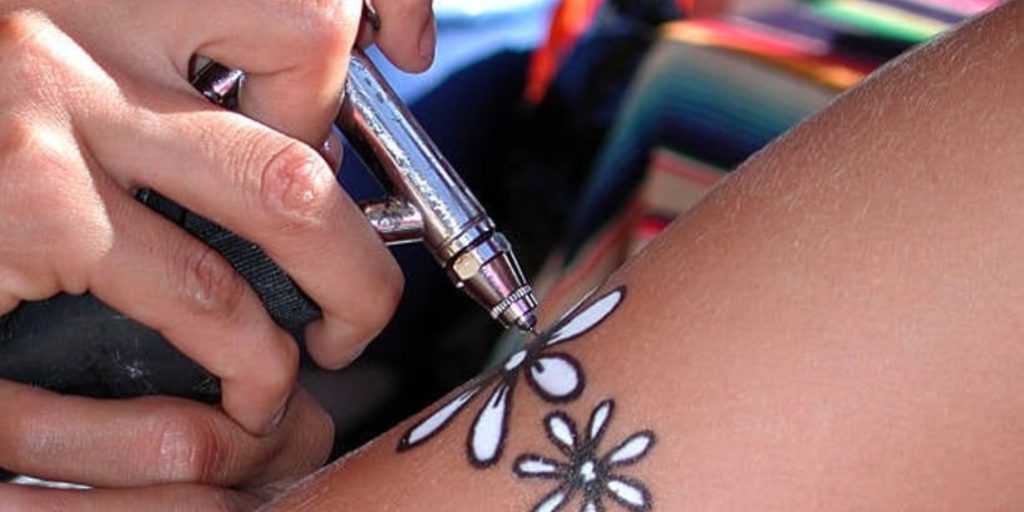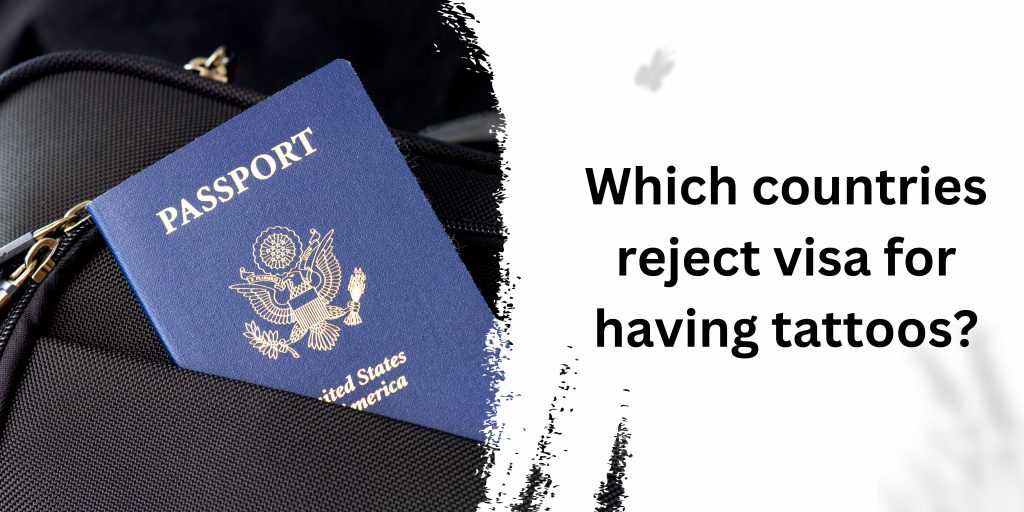Tattoos have become a popular form of self-expression and art in Arizona. However, before getting inked, it’s essential to understand the legalities surrounding tattoos, especially regarding age restrictions. This article aims to provide comprehensive information about the minimum age requirements for getting a tattoo in Arizona, the role of parental consent, safety concerns, and alternatives for minors.
The Legal Landscape of Tattoos in Arizona
Tattoos are regulated by state laws, and Arizona has specific regulations to govern this art form. These laws exist to ensure public safety, prevent minors from making uninformed decisions, and avoid any potential long-term consequences. Tattoo artists and studios must adhere to these laws to maintain ethical practices.
Legal Age for Getting a Tattoo in Arizona
The minimum age to get a tattoo in Arizona without parental consent is 18 years old. This legal age applies to all types of tattoos, regardless of size, design, or location on the body. If an individual is below the age of 18, getting a tattoo without parental consent is not permitted.

However, there are exceptions to this rule. Minors who are 16 or 17 years old can get a tattoo if they have written consent from a parent or legal guardian. The written consent must be given in the presence of the tattoo artist or provided as a notarized document.
Understanding Parental Consent
Parental consent is a critical factor for minors seeking to get a tattoo in Arizona. The responsibility lies not only with the tattoo artist to ensure the minor has consent but also with the parent or guardian to make an informed decision. The consent process involves understanding the potential risks associated with tattoos and acknowledging that it is a permanent decision.
Tattoo artists have a professional obligation to verify the authenticity of the parental consent document and ensure it meets legal requirements. They must prioritize the minor’s well-being and exercise their right to refuse service if the consent seems coerced or inadequate.
Tattoo Safety and Health Concerns
Age restrictions for tattoos are in place primarily for safety reasons. Minors are still undergoing physical and emotional development, and getting a tattoo can pose higher risks for them. The skin of young individuals tends to heal differently, which may affect the appearance of the tattoo over time.
Furthermore, tattoos involve the use of needles and ink, which can potentially lead to health complications if proper hygiene and safety measures are not followed. Adolescents may not fully comprehend the aftercare instructions, leading to infections and other skin-related issues.
Tattoo Trends and Popularity Among Different Age Groups
Tattoo styles and trends vary across different age groups in Arizona. Young adults often prefer contemporary styles like minimalism, watercolour tattoos, and geometric designs. On the other hand, older individuals may lean towards more traditional tattoo art, such as classic tribal tattoos or old-school designs.
Tattoos hold cultural significance and often represent personal experiences, beliefs, or memories for individuals of all ages. Understanding these trends and preferences can help both tattoo artists and clients in creating meaningful and personalized tattoos.

| Age Group | Popular Tattoo Styles |
|---|---|
| Teenagers | Minimalism, Watercolor |
| Young Adults | Geometric, Abstract |
| Middle-aged | Traditional, Classic |
| Seniors | Memorial, Symbolic |
Tattoo Education for Parents and Guardians
Parents play a vital role in guiding their teenagers through decisions related to tattoos. It is crucial for parents to be well-informed about tattoos to have meaningful conversations with their children about this form of art. Here are some essential aspects to consider when discussing tattoos:
- Understanding Tattoo Culture: Familiarize yourself with the history and cultural significance of tattoos to engage in informed discussions with your teenager.
- Safety and Aftercare: Emphasize the importance of choosing a reputable tattoo studio that follows strict hygiene standards and provides proper aftercare to avoid complications.
- Meaning and Symbolism: Encourage your teenager to think deeply about the design and symbolism of the tattoo they want. Discuss the permanence of tattoos and the significance of their chosen design.
Alternatives to Permanent Tattoos for Minors
For minors who are eager to experiment with body art but are not yet eligible for permanent tattoos, there are several alternatives available:
- Temporary Tattoos: Temporary tattoos are a fun and non-permanent way for minors to try out different designs before committing to a permanent one. These can be easily applied and removed.
- Henna Tattoos: Henna tattoos are popular in various cultures and are made from a natural dye that temporarily stains the skin. They offer a cultural and artistic experience without the permanence of traditional tattoos.
- Airbrush Tattoos: Airbrush tattoos are another temporary option that uses stencils and airbrush equipment to create designs on the skin.
While these alternatives do not involve needles and ink like traditional tattoos, they still allow minors to explore and express their creativity.
Success Stories of Delayed Tattoos
Delaying getting a tattoo until adulthood can lead to positive outcomes. Individuals who have waited until they were mature enough to make an informed decision often express satisfaction with their tattoo choices. Delayed tattoos can carry more significance and personal meaning.
Tattoo Removal Options for Underage Tattoos
In the event that a minor regrets their tattoo, there are options available for removal. Tattoo removal procedures, such as laser tattoo removal or dermabrasion, can help fade or eliminate the tattoo over time. However, it’s crucial for minors to understand that tattoo removal may not be entirely successful, and there may still be remnants of the tattoo.
Frequently Asked Questions (FAQs)
Conclusion
Understanding the legal age requirements for getting a tattoo in Arizona is crucial to make informed decisions about body art. Parents, guardians, and tattoo artists play an essential role in ensuring that minors are protected and educated about tattoos. By following the age restrictions and engaging in open conversations, individuals can make responsible choices when it comes to this permanent form of self-expression.







